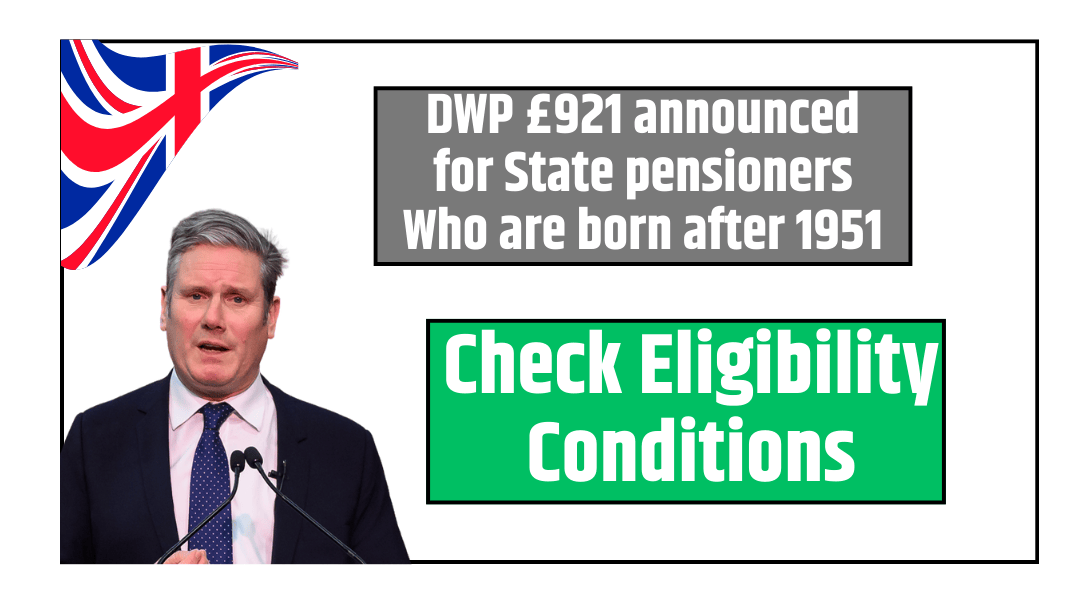The Department for Work and Pensions (DWP) has issued a stark warning to individuals receiving Universal Basic Income (UBI), reminding them that failure to report changes in their circumstances could result in serious penalties. The government has made it clear that changes in personal circumstances must be reported immediately to avoid overpayments and potential legal consequences. Here’s what you need to know about reporting changes and the penalties for not doing so.
Why Is It Important to Report Changes to the DWP?
The DWP has emphasized the importance of reporting any changes in your circumstances as soon as they occur. Failing to do so could lead to overpayments of UBI, which you may have to repay. In addition to this, any delay in reporting could affect the amount you receive for your entire assessment period, not just from the date you report the changes.
The government has warned that individuals who do not report changes promptly could face severe consequences, including court action or penalties. The DWP’s guidelines make it clear that incorrect information or failure to report changes could result in significant fines or even legal action.
What Happens if You Fail to Report a Change?
If you fail to disclose a change in your circumstances, you may be required to repay any money you received as a result of the overpayment. If it is found that the omission was deliberate, this could be categorized as fraud, triggering legal action. Individuals found guilty of committing or attempting to commit benefit fraud will have to repay any overpaid funds and could face a fine of up to £5,000.
The DWP’s warning also applies to any attempt to manipulate or hide changes in personal circumstances, as this could be seen as fraudulent activity. Legal consequences could be severe, including possible court proceedings and financial penalties.
What Changes Must Be Reported?
The DWP has provided a comprehensive list of the changes you must report. These include any changes to your financial or living situation that could affect your eligibility for Universal Basic Income or the amount you receive. Here’s a summary of the key changes you need to report:
- Changes to income: This includes changes in other financial assistance you receive (such as student loans, grants, sick pay, or charity money).
- Personal details: If you change your name, gender, or marital status (e.g., getting married or divorced), this must be reported.
- Living arrangements: If your living situation changes, such as moving house, someone moving in or out of your home (partner, child, or lodger), or if someone you live with passes away.
- Work-related changes: This includes starting or finishing a job, working different hours, or receiving arrears for salary or wages.
- Medical changes: If your medical condition or disability changes, you must report it.
- Changes to your pension or savings: If you receive a pension or have any investments, savings, or property that changes, this must be reported.
- Living arrangements: If you move into a hospital, care home, or sheltered accommodation.
- Changes in dependents: If you start or stop caring for someone or have a baby, it must be reported.
- Education and training: If you start or stop education, training, or an apprenticeship, you need to inform the DWP.
- International travel: If you plan to go abroad for any period of time, this must be reported to the DWP.
- Immigration status: If there are any changes to your immigration status, this needs to be reported, particularly if you’re not a British citizen.
- Other benefits: If there are changes to the benefits you or anyone in your household receives, this must be reported.
How to Report Changes
To avoid penalties and ensure you continue receiving the correct amount of Universal Basic Income, you should report any changes to your circumstances promptly. The DWP provides several ways to report changes, including through:
- Online portals: The DWP website allows you to report changes in circumstances quickly and securely.
- Phone: You can contact the DWP by phone to report changes.
- By post: If you prefer, you can send details of the changes in writing to the DWP.
It is essential that you keep all documentation related to the changes you report, as this will help to avoid any misunderstandings or disputes with the DWP.
The Department for Work and Pensions (DWP) is taking a strict approach to ensuring that individuals receiving Universal Basic Income report any changes to their circumstances promptly. Failure to do so could lead to penalties, including fines of up to £5,000 and potential legal action for benefit fraud. To avoid these consequences, it is crucial to report any changes in a timely manner and ensure that you provide accurate information about your situation. Keeping track of these changes and staying in communication with the DWP is key to maintaining your benefits and avoiding unnecessary repayment demands.
FAQs
What happens if I don’t report changes to my circumstances for Universal Basic Income?
Failing to report changes in your circumstances can result in overpayments, which you may have to repay. Additionally, you could face legal action or penalties for providing incorrect information or omitting important details.
How soon should I report changes to my circumstances for Universal Basic Income?
You should report any changes to your circumstances as soon as they happen to ensure you continue receiving the correct amount of Universal Basic Income. Delaying your report could affect the amount you receive for your entire assessment period.
What changes should I report for Universal Basic Income?
You must report changes such as changes in your income, employment status, marital status, living arrangements, medical conditions, or any other financial support you receive, such as student loans, pensions, or sick pay.
What are the consequences of not reporting changes to the DWP?
If you fail to report changes, you may have to repay overpaid amounts. If the omission is found to be deliberate, it could be considered fraud, resulting in legal action, and you could be fined up to £5,000.









